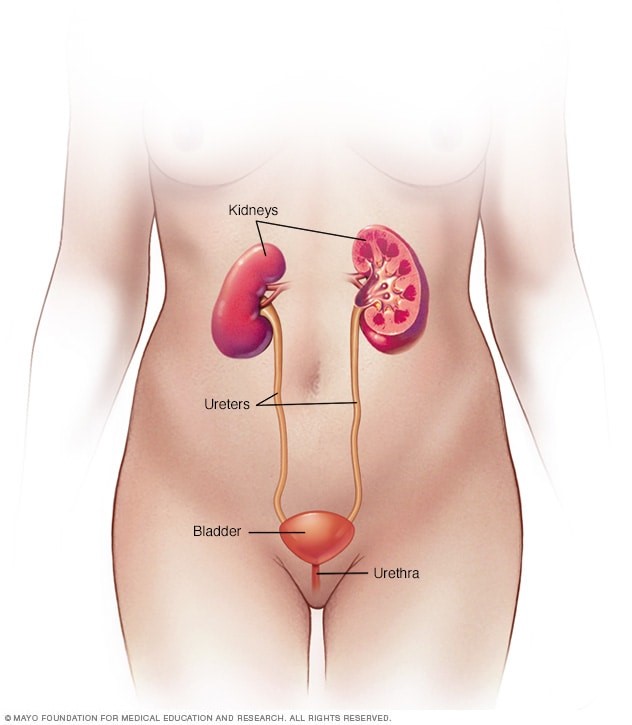Blood in urine is never normal!
Seeing blood in urine is distressing. It can have many causes, some more serious than others. It is essential to consult your doctor as blood in urine, also known as haematuria, is never normal!
What’s the difference between microscopic haematuria and visible haematuria?
Microscopic haematuria means you cannot see any difference in the colour of your urine, but microscopic examination detects a higher number of red blood cells in the urine than is normal.
Visible haematuria means you can see the blood in your urine. Sometimes, if there is a significant amount of blood, you can also see blood clots in the urine.
What are some of the common causes of haematuria?
Haematuria can have various causes, the more common ones include:
- Urinary tract infection
- Urinary tract stones
- Recent instrumentation such as insertion of urine catheter or urologic procedure
- Benign prostatic enlargement in men
- Cancer in the urinary tract (kidneys, ureters, or bladder)
How will the urologist find out the specific cause of haematuria?
The workup will be focused to include different parts of the urinary tract: kidneys, ureters, bladder, urethra, and prostate in men (Fig. 1). During the consultation with the urologist, a history will be taken to check for symptoms of urinary tract infection or stones, such as painful urination and pain in the abdomen or back. A physical examination will be done as well, which may include a rectal examination to check for an enlarged prostate in males.
A urine sample will usually be sent off for formal microscopic examination, and may include a culture test to ensure there is no infection. In order to examine the kidneys and ureters, imaging tests such as an ultrasound scan or CT scan will be done. Finally, a cystoscopy is usually recommended as well. This involves using a flexible camera to directly visualise the inside of the urethra and bladder (Fig. 2). This procedure usually takes less than five minutes, and can be done under local anaesthesia or sedation.
Is there any way to prevent haematuria?
For smokers, it is recommended to stop, as it is linked to bladder and kidney cancer. Both these cancers can cause haematuria. Staying well hydrated can reduce the severity of the haematuria, and also reduce the risk of urinary tract infection and stones as well!
In summary, if you see blood in your urine, please consult your doctor!

Fig. 1. Organs in the urinary tract

Fig. 2 Cystoscopy














